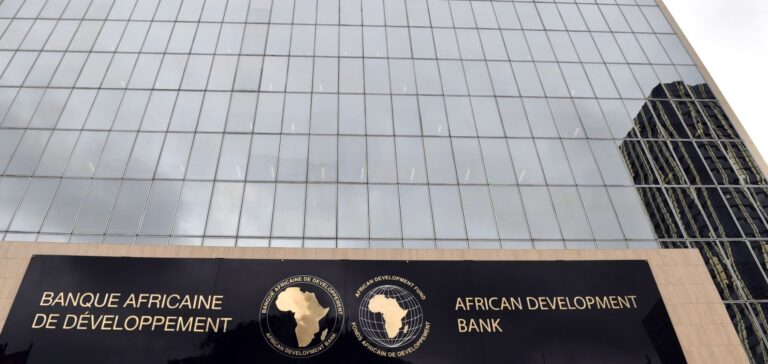Energy efficiency is becoming a top priority in the context of the climate emergency, says Jalel Chabchoub, Chief Investment Officer in the Renewable Energy and Energy Efficiency Department of the African Development Bank. According to this specialist, it is time to act upstream, on the demand side, to face the “climate shock” we are facing today. Indeed, energy efficiency has many benefits in Africa and worldwide, such as reducing energy bills, saving resources and improving the industrial competitiveness of countries.
Central role in the energy transition
For people, energy efficiency means lower bills and more resources available for other expenses. For energy operators, it allows them to reduce production costs, better manage demand and increase consumer purchasing power. Thus, energy efficiency plays a central role in the energy transition, as Chabchoub points out.
Africa is particularly affected by the climate shock. In addition to experiencing already high temperatures, the continent faces increasing demand for cooling as the housing stock is expected to double by 2050 due to population growth. For more than a decade, the African Development Bank has been actively supporting government policies on energy efficiency on the continent.
The institution relies in particular on the Sustainable Energy Fund for Africa (SEFA), created in 2011. This multi-donor trust fund provides financing to accelerate private sector investments in renewable energy and energy efficiency. SEFA provides technical assistance and concessional financing instruments to overcome market barriers, develop bankable projects, and improve the risk profile of investments. One of its goals is to improve the efficiency of energy services using a variety of technologies and business models, including mini-grids and small-scale renewable energy.
Creation of public institutions
One of the bank’s strategic approaches is to promote the creation of public institutions called “Super ESCOs” (Super Energy Service Companies). These energy service companies play a catalytic role in identifying energy efficiency projects that are then contracted out to the private sector on a guaranteed energy performance contract basis. The first technical assistance was provided to Morocco in February 2021, with a US$965,000 grant to the Power Engineering Company to enable it to become the first Super ESCO in Africa. Its mission will be to develop energy efficiency projects in public infrastructure, including buildings and public lighting.
The bank tailors its support to countries according to their needs. It helps identify energy efficiency programs and fosters an environment conducive to market development in this area. For example, in Egypt it supports the implementation of energy efficiency programs, such as the replacement of one million refrigerators nationwide. In Namibia, it encourages the development of solar water heating programs, while in Mozambique, it supports the deployment of efficient street lighting and promotes the adoption of financing methods that spread the cost of acquiring energy efficient equipment over time (on-bill financing).
“In addition to energy efficiency, the African Development Bank supports renewable energy projects such as the Noor Ouarzazate complex in Morocco, the Menengai geothermal project in Kenya and the Benban solar park in Egypt,” says Jalel Chabchoub. According to him, “Energy efficiency is not just about funding; it’s about leadership and the will to move forward together toward achieving the goals.” He concludes by stating that “the cleanest energy is the energy you don’t use!”





















